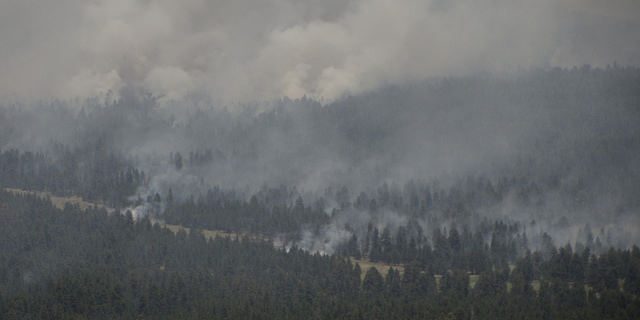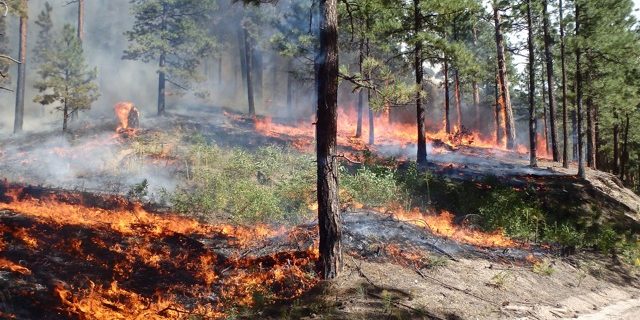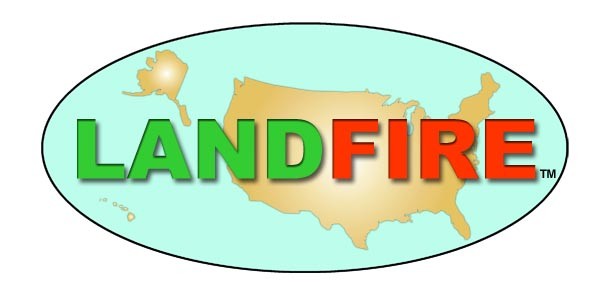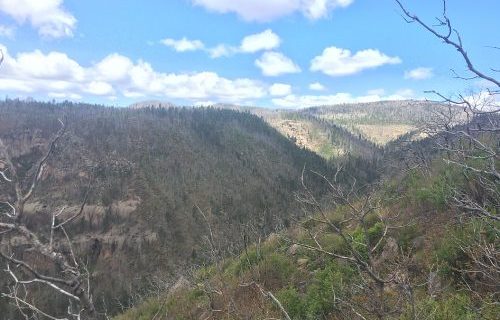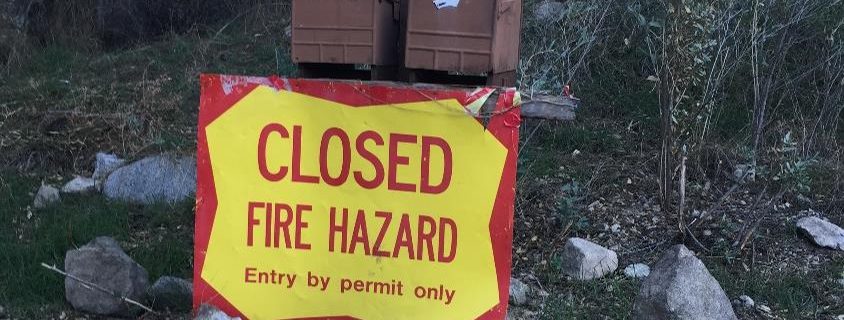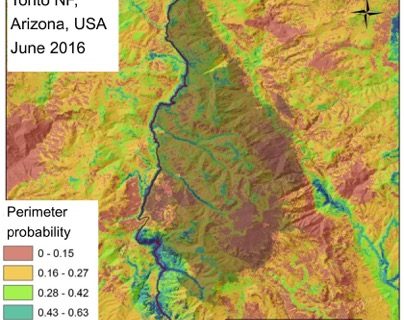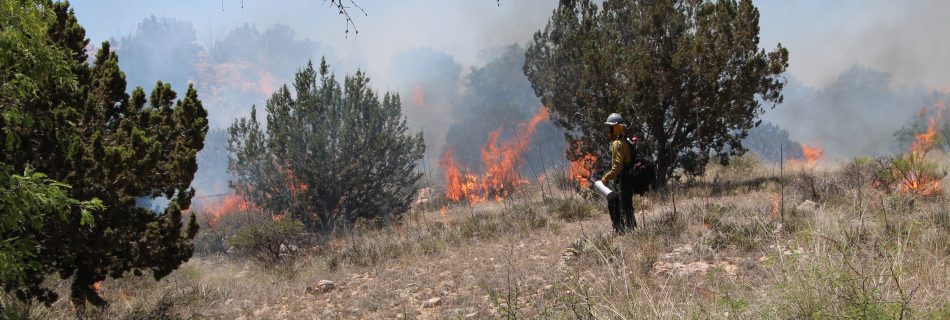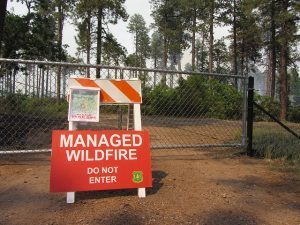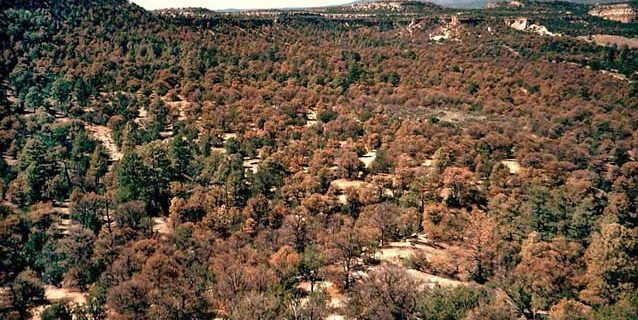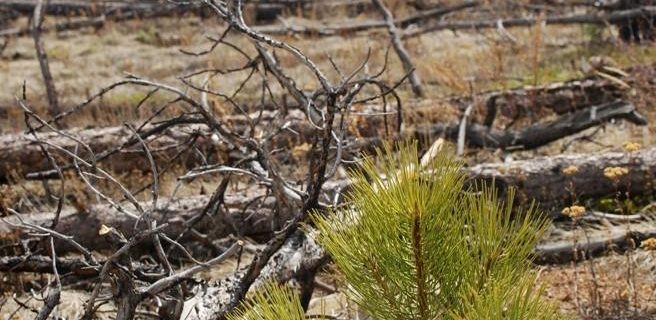November 14, 2017: Where there’s smoke… there’s social science! Public perceptions of smoke & communication from multiple regions
Date: November 14, 2017 12pm Mountain Presenters: Stacey Frederick, Coordinator, California Fire Science Consortium The importance of smoke has been well-observed by managers through frequent concerns expressed over smoke. Public perceptions of fuel reduction techniques, with a particular emphasis on using prescribed fire as a management tool, have been under study for almost a decade. However, research …

